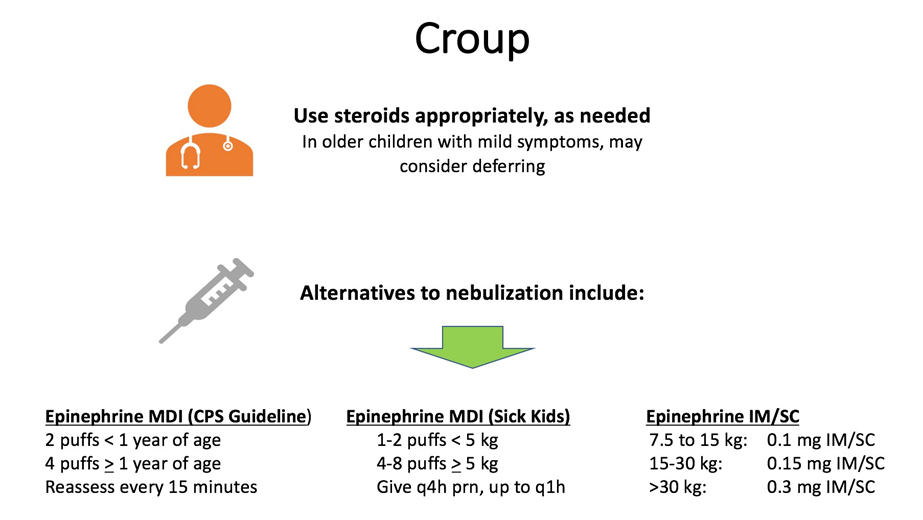A nurse is caring for a 5 year old and needs to measure their temperature using an electronic oral thermometer. Which intervention will provide the child with an increased sense of control?
Allow the child to hold the thermometer in their mouth until it beeps.
If the child protests tell them you will come back later.
Have the parents wait outside the room.
Ask the child if it is ok to take their temperature.
Correct Answer : A,D
A. Allow the child to hold the thermometer in their mouth until it beeps:
Allowing the child to hold the thermometer can provide a sense of control and involvement in the process. It may help reduce anxiety and make the experience less intimidating for the child. The beeping sound indicates when the temperature measurement is complete.
B. If the child protests, tell them you will come back later:
This choice is not recommended because it ignores the child's immediate needs and concerns. It may increase anxiety or fear, and delaying the process may not be in the best interest of the child's well-being.
C. Have the parents wait outside the room:
While it's common to have parents present during medical procedures for emotional support, in this case, involving the parents may not directly address the child's need for control during the temperature measurement.
D. Ask the child if it is ok to take their temperature:
Asking the child for permission respects their autonomy and involves them in the decision-making process. It promotes a sense of control and may reduce any potential resistance or fear the child might have.
Nursing Test Bank
Naxlex Comprehensive Predictor Exams
Related Questions
Correct Answer is D
Explanation
A. Informing the child's parents about a tonsillectomy:
Tonsillectomy is not the immediate intervention for the symptoms described. This intervention is not necessary at this point.
B. Immediate IV placement:
While hydration may be necessary, immediate IV placement is not the primary intervention for a child with croup presenting with stridor and hoarseness.
C. A tracheostomy set at the bedside:
While croup can cause airway obstruction, preparing for a tracheostomy is not the initial intervention. Less invasive measures are typically attempted first.
D. Cool mist and respiratory treatment of racemic epinephrine:
This is the correct intervention. Croup, often caused by viral infections, can result in swelling of the upper airway, leading to the characteristic barky cough, stridor, and hoarseness. Administration of cool mist and racemic epinephrine can help reduce airway swelling and alleviate symptoms.

Correct Answer is C
Explanation
A. Developmental delays occur because of hospitalizations.
This statement implies that the hospitalization itself causes developmental delays, which is not accurate. Hospitalization might disrupt routines, but it does not directly cause developmental delays.
B. The child is too young to be potty trained.
The child was previously "potty-trained," so age is not the primary factor. Regression in toilet training can occur for various reasons.
C. Regression is sometimes seen during hospitalization.
This statement is correct. Regression, including reverting to behaviors like wearing diapers, can occur in response to stress, illness, or changes in routine, such as hospitalization.
D. The child is experiencing urinary urgency as a result of the hospitalization.
While urinary urgency can be a possibility, the given scenario emphasizes the regression to wearing diapers, which is more indicative of behavioral regression rather than a physical issue like urgency.
Whether you are a student looking to ace your exams or a practicing nurse seeking to enhance your expertise , our nursing education contents will empower you with the confidence and competence to make a difference in the lives of patients and become a respected leader in the healthcare field.
Visit Naxlex, invest in your future and unlock endless possibilities with our unparalleled nursing education contents today
Report Wrong Answer on the Current Question
Do you disagree with the answer? If yes, what is your expected answer? Explain.
Kindly be descriptive with the issue you are facing.
